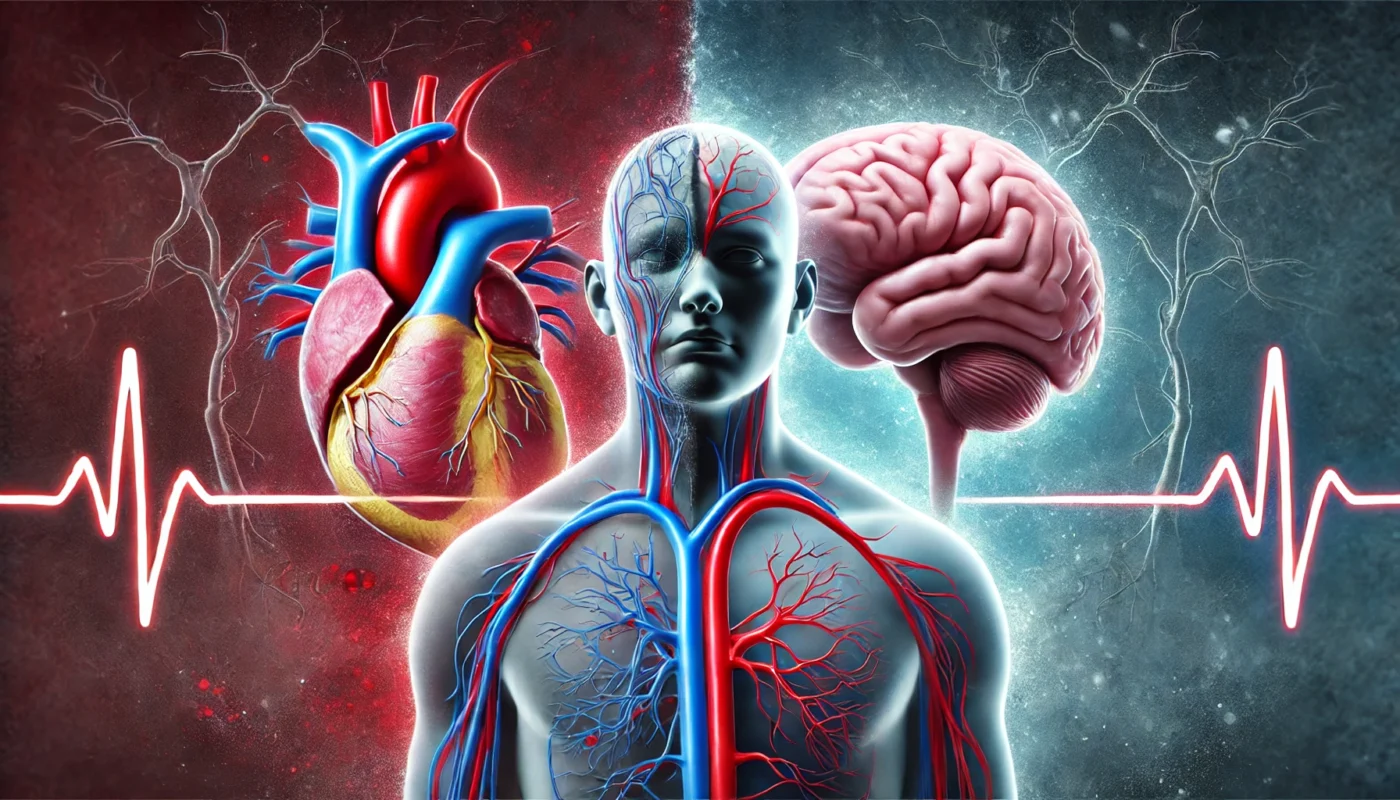Hypertension, or high blood pressure, affects nearly half of adults worldwide and is a leading risk factor for heart disease, stroke, and kidney failure. While physical factors such as obesity, poor diet, and lack of exercise are well-recognized contributors, the psychological components of hypertension are often overlooked. Chronic stress, anxiety, and unhealthy thought patterns can significantly impact blood pressure regulation, making mental health an integral aspect of hypertension management. Cognitive Behavioral Therapy (CBT), a structured and evidence-based psychotherapeutic approach, offers tools to address these psychological factors, empowering individuals to gain better control over their blood pressure. This article explores the role of CBT in hypertension management, its mechanisms, and how it complements traditional treatments.
Tag Archives: Mental Health
Hypertension, or high blood pressure, is a chronic condition that affects nearly half of all adults globally, according to the World Health Organization (WHO). It is a major risk factor for cardiovascular diseases, kidney damage, and stroke. While hypertension is traditionally associated with physical health concerns, emerging evidence highlights its significant connection to mental health, particularly depression. Depression, a common mood disorder characterized by persistent feelings of sadness and loss of interest, often coexists with hypertension, creating a bidirectional relationship that complicates the management of both conditions. This article explores the links between hypertension and depression, the mechanisms that drive their interplay, and strategies for addressing this often-overlooked connection.
Hypertension, or high blood pressure, is often described as a silent condition due to its lack of obvious symptoms. However, its implications extend far beyond physical health. Living with hypertension can lead to significant psychological and emotional challenges, including stress, anxiety, depression, and even social isolation. These mental health burdens can, in turn, exacerbate blood pressure issues, creating a harmful cycle that impacts overall well-being. Recognizing and addressing the psychological burdens of hypertension is essential for achieving holistic health. This article explores the mental and emotional challenges associated with hypertension and provides evidence-based strategies for coping.



